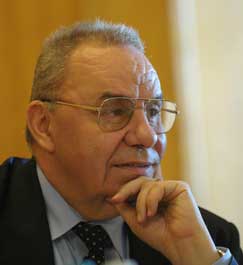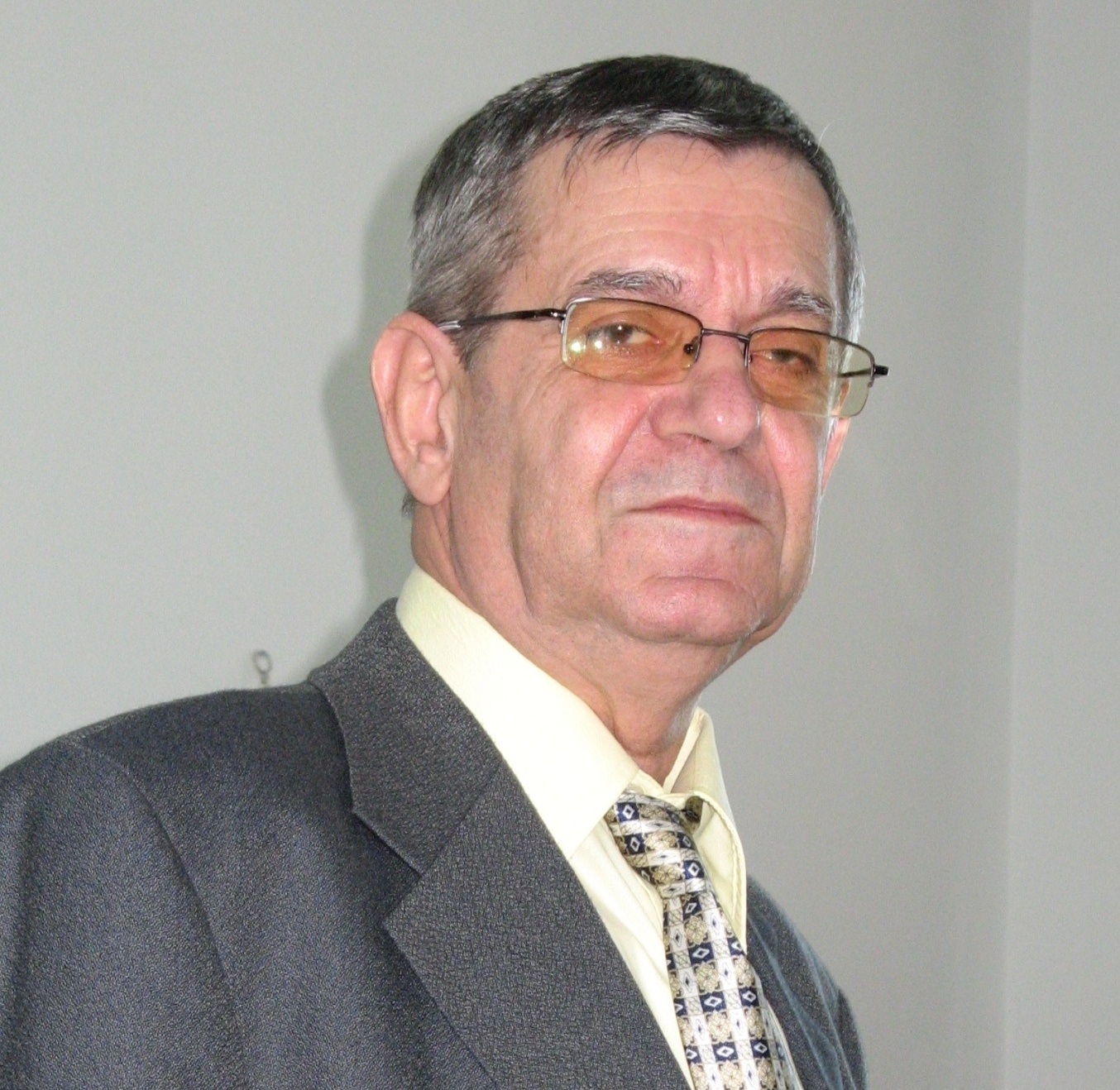The European Commission will soon make public the report on freedom and efficiency of justice in Romania. This is a result of a special supervisory procedure applied for the Romanians to see how seriously they are affected by corruption
The European Commission will soon make
public the report on freedom and efficiency of justice in Romania. This is a result of a
special supervisory procedure applied for the Romanians to see how seriously they
are affected by corruption, and whether they should be put in quarantine to
protect the health of the law in the case of the other members of the EU.
The truth is that, without saying that, here, things are worse than elsewhere, Romania
is overwhelmed by corruption. The corruption lies in the distortion of the
macro-relation between demand and supply for the purpose of the transfer of
illicit public treasure to private patrimonies. This form of corruption, mostly
invisible to the common citizen, which seriously affects his existence, cannot
be achieved without the involvement of the state officials, but most of the
time, it also needs the participation of external operators. It is, therefore,
trans-partisan and transnational.
Small corruption operates as a form of illicit secondary redistribution in the direct
relations between citizens and civil servants, the first having to purchase for
the latter undue advantages in exchange for obtaining their rights. We could
talk about an "office corruption." This is the most powerful and more
aware perceived by the citizens.
There is also a mass corruption. It consists in the general state of illegality
that characterizes almost every action of the citizens from the tip culture,
cars parking in prohibited places or defying the public authority and tax
evasion, the indiscipline at work or requesting and obtaining of rights
unrecognized by the law. By not believing in the capacity of the state to
ensure public order, the people organize their lives in a parallel discipline,
inevitably incoherent, whose minimum stability is obtained through the protection
of certain oligarchic structures, of certain people exercising an informal
authority. The mass corruption is the consequence, but also the encouraging
context of other forms of corruption.
Faced with such phenomena, "independent European inspectors" have
already drafted a basic document in which the freedom of justice in Romania is
measured in terms of progress in the fight against corruption, and this progress
is the criterion of judging and sentencing a list of ten concrete Romanian
officials: Prime Ministers, ministers, and so on. To enable the success of the
measures, the former European Commissioner, Franco Fratini, together with
former Romanian Minister of Justice, Monica Macovei, have designed an
institutional system unseen in the world based on politically appointed
prosecutors, empowered to manage the procedure from the first acts of investigation
until bringing the defendants in Court, due to the lack in training judges. The
results of this therapy are known: the fight against political adversaries has
replaced the fight against corruption while both the true acts of corruption,
as well as their authors have been camouflaged by the diversion of telejustice.
Today, Mr. Fratini is a member of the Italian government. From this position, he
has acted successfully for the adoption of a law that would exempt from
prosecuting the government dignitaries even if some of their lawsuits were in
advanced stages. The man is consistent. He has never agreed apolitical magistrates
searching the garbage of the government members, leaving the opposition to frolic.
As far as she is concerned, Mrs. Macovei is an advisor for the government of Macedonia,
recommended and paid by the British government. She visited Brussels recently and made inflammatory
statements accusing the Romanian government, in terms similar to those normally
used by President Basescu for the failure and the regress in the fight with the
corrupt people. The ideas are contained in its unpublished official document of
the European Commission experts, but also in the British press and in the least
diplomatic statements of the British ambassadors accredited in Bucharest
and Brussels.
Why will the corruption be stopped if the opponents of Mr Basescu will be
condemned? What is the reason of the belief that they are the corrupt people,
but not those convicted by a court free from political internal and external pressures?
Do the illegalities that these officials are accused of deplete the great
Romanian corruption? What can we expect next?
Most likely, instead of a new program to attack the causes of corruption, but
also instead of activating the safeguard clause, the EU will propose to
continue the monitoring, as well as the inefficient therapy applied by now.
Thus, Romania will keep its
second-hand membership in Europe, and the President
will be able to continue undermining the opposition. All those who want a weak Romania will be
satisfied. A treason scented report!








